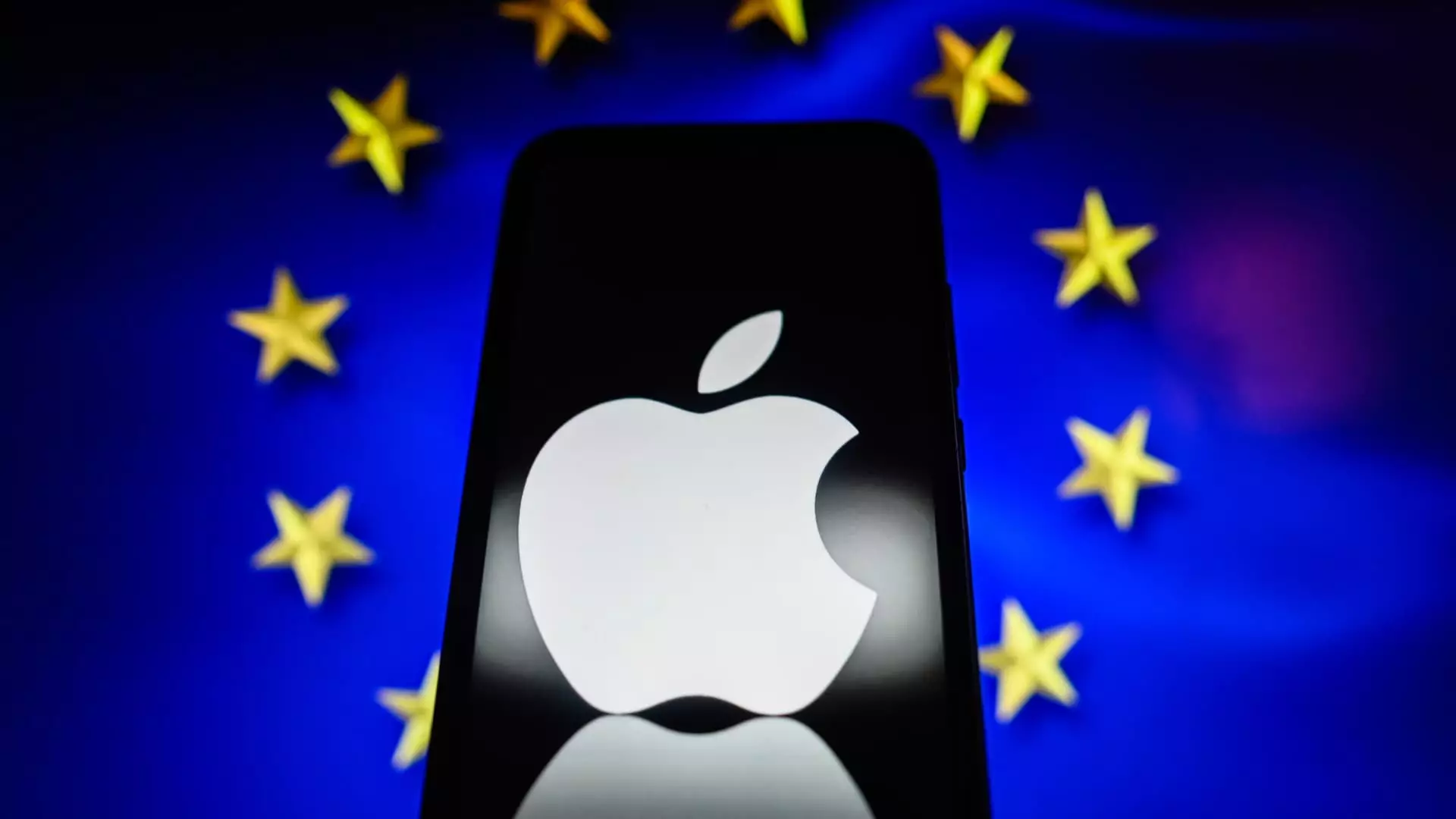In a recent development, European Union regulators have accused tech giant Apple of violating new regulations that aim to restrict the power of Big Tech firms. The European Commission has initiated an investigation into Apple’s practices, specifically focusing on its App Store and the restrictions it imposes on developers and customers.
One of the main points of contention is Apple’s so-called anti-steering rules, which prevent app developers from directing customers to alternative purchasing channels outside of the App Store. This limitation goes against the Digital Markets Act (DMA), a comprehensive law designed to promote competition in the tech industry.
The European Commission’s preliminary findings suggest that Apple’s App Store rules hinder developers from freely steering consumers to other platforms for offers and content. While Apple allows a link system for steering, the commission notes that there are significant restrictions that impede developers from communicating with users effectively.
Moreover, the regulators have raised concerns about the fees that Apple charges developers, particularly for acquiring new customers through the App Store. The commission deems these charges excessive and is evaluating whether they comply with the DMA guidelines.
If Apple is found to be in violation of the DMA, it could face fines of up to 10% of its global annual turnover. This substantial penalty underscores the seriousness of the EU’s investigation and highlights the commission’s commitment to enforcing tech regulations.
Notably, Apple has been the target of previous antitrust allegations in the EU, including a hefty fine in March for allegedly abusing its dominant position in the music streaming app market. The steering rules were a central focus of that investigation, further emphasizing the EU’s scrutiny of Apple’s practices.
In response to the DMA, Apple has made significant changes to its App Store policies in the EU, allowing for downloads from external websites and third-party app stores. However, the commission has expressed concerns about certain aspects of Apple’s new practices, including the continued imposition of a “core technology fee” for external app installations.
Regulators are closely examining whether Apple’s requirements for offering alternative app stores or distributing apps directly from the web on iPhones align with the bloc’s tech laws. The commission’s thorough investigation aims to ensure that Apple complies with the DMA and promotes fair competition in the digital marketplace.
Ultimately, the EU’s investigation into Apple’s alleged breach of new tech rules underscores the growing regulatory challenges that tech companies face in an increasingly digital world. By scrutinizing Apple’s App Store practices and imposing potential penalties, the European Commission is sending a clear message that tech giants must adhere to the law and respect competition standards for the benefit of consumers and developers alike.


Leave a Reply